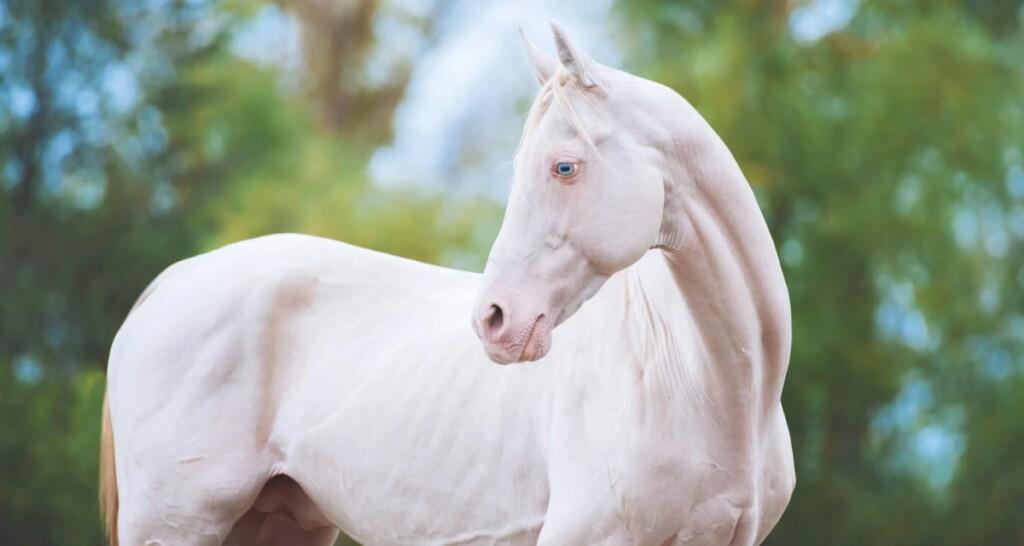betHQ
February 27, 2019
February 27, 2019

There are only a handful of horse races in the world that capture the attention of the general public. These include England’s Grand National, the Belmont Stakes in the United States, and of course the greatest handicap flat race of them all – the Melbourne Cup.
The end result of the popularity of these races is that they give rise to some rather.. unscientific… methods of predicting the winner. The most popular of these involve random draws, while many others try to determine which factors contribute to the ‘luck’ of each contestant, up to and including the colour of the jockey’s shirt or horse’s coat.
The end result of this is that many people will back horses in race like the Melbourne Cup based on factors that have no influence at all on the outcome.
It would be wrong to claim that luck has no influence on the outcome of the Melbourne Cup. Every year luck plays at least some part in how the race unfolds. A top contestant that gets held up when the field bunches in front of it, a horse that falls, or even a horse that is slightly injured or falls ill just before the race can have a decisive impact on the final result.
However, that’s quite different from believe that obviously random factors that cannot affect a horse or jockey’s performance are lucky.
Horse coat colour is a good example.
If you review the lists of Melbourne Cup winners you’ll soon find that horses with bay coats win the Cup more often than horses with other colour coats. From there it’s easy to make the assumption that bay is a lucky coat colour, and that a horse with this colour coat is more likely to win the Melbourne Cup.
The truth is that the majority of Melbourne Cup winners have bay coats, because the majority of Melbourne Cup entries have bay coats. Around 43% of Melbourne Cup winners have had a bay coat. By complete coincidence, approximately 43% of thoroughbred racehorses have bay coloured coats.
In addition bays tend to make up the majority of entries in Melbourne Cup fields, which means they even underperform slightly relative to the frequency that they appear in the race.
Meanwhile choosing jockey shirt colours makes choosing a winner by coat colour look almost scientific. Factors like this are designed to make it easy to identify a particular horse when it’s in action, but otherwise have no impact on the race at all.
The good news is you don’t need to be a seasoned punter to boost your chances of picking a winner. While selecting a winner is obviously not a simple matter, there are a number of factors that really will give certain horses an edge in the race, or alternatively make it extremely unlikely they will win.
Here are a few to consider:
When it comes to battles of the bookmaker heavyweights you won’t find a more […]
Rebel Betting is one of the oldest and best-known names in sports investment software, […]
Steeplechase horse racing is believed to have originated in Ireland in the 18th century. Huntsmen […]